Liquor License Consulting
Whether you’re a business owner interested in acquiring a liquor license for an existing or new restaurant or an individual looking to sell one, Corbett can help facilitate the purchase or sale of these licenses.
Value of a Liquor License
Massachusetts
For California, New York and Florida, Call (617) 948-3394
Types of Liquor Licenses
There are both classifications of liquor licenses as well as categories plus a complexity of qualifications in Massachusetts. The most typical ones include:
On Premises – M.G.L. c 138, §12 (Commonly referred to as a “Pouring License”)
Use: Consumed on premise in Restaurants, Bars, Taverns, Nightclubs, etc.
Off Premises – M.G.L. c. 138 §15 (Commonly referred to as “Package Store License”)
Use: Consumed off premise used in Package stores, convenience stores, supermarkets, grocery stores, food stores, wine shops, etc.
Classifications
All Alcoholic – (commonly referred to as “Full Liquor”)
Wine & Malt – (commonly referred to as “Beer & Wine”)
Wine, Malt & Cordials – (commonly referred to as “Beer, Wine & Cordial”)
Liquor License Acquisition Transfer Process
The following are the stages or steps in acquiring a liquor license: (One should seriously consider retaining a lawyer or consultant with experience in this field for guidance and counsel with this process)
Determine Type: Existing vs. a New license (if none are available with the city of town you need to purchase an existing one at a market rate)
Location: Review the site history, will the neighborhood accept, are there any local issues, is there a need.
Regulations & Quota: Are they over Quota, what are the seating requirements, check with local officials on approval process steps
Application: Checks, state agencies, paperwork
Local Board (LLA) Approval: Hearings, investigation, state agencies
ABCC Approval: Consideration, investigations, financing source, tax obligations
Issuance of License & Closing: After all levels of approvals are cleared license is issued.





